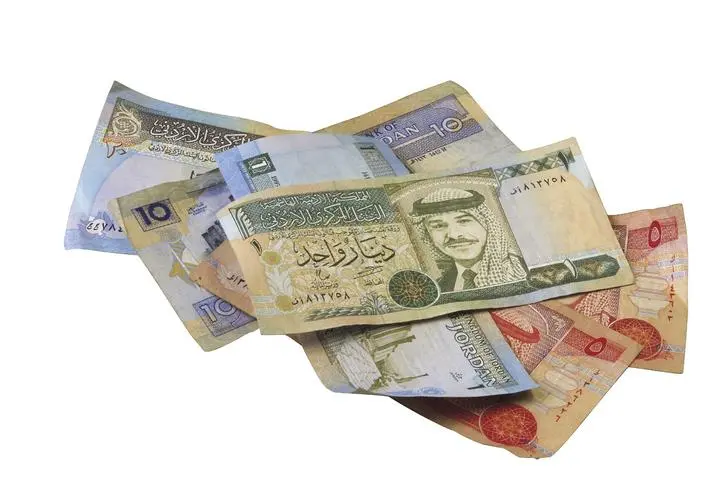PHOTO
The Lower House on Wednesday endorsed the 2023 state budget bill.
During a session chaired by Lower House Speaker Ahmad Safadi, in the presence of Prime Minister Bisher Khasawneh and Cabinet members, 86 out of 107 attending lawmakers approved the bill. The Chamber voted in favour of the recommendations of the House's Finance Committee regarding the draft law.
MPs discussed the bill in six sessions over three days, where 90 lawmakers out of a total of 130 took the podium, including six political blocs, the Jordan News Agency, Petra, reported.
The deputies criticised the budget's reliance on taxes, aid and loans, stressing the need to look for solutions to address the economic crisis facing the Kingdom in a bid to alleviate the economic hardships of citizens in light of high unemployment and poverty rates.
Following the deliberations, Khasawneh expressed appreciation to the Finance Committee and MPs for their "valuable" remarks, stressing that the government will fulfill any ideas are possible without slowdown. Yet, the government cannot promise what it cannot honour, the premier said.
The PM said that this government has never pledged anything that it cannot materialise, and will continue to adopt this approach of credibility and honesty.
Replying to MPs' remarks on the bill, Finance Minister Mohamad Al-Ississ said that despite challenges and hardship, the national economy has registered positive growth rates that are not less than 2.7 per cent, and has maintained inflation rates at around 4 per cent.
Al-Ississ reviewed the fiscal policy of the government in the 2023 budget, which seeks to achieve gradual drop in the general debt and general budget deficits. The government will continue to oversee the general debt until they are reduced to 84.2 per cent by 2025, excluding debt held by the Social Security Investment Fund.
The minister said that the initial budget deficit — which compares domestic revenues with public expenditures, excluding public debt service — will decline for the third consecutive year in 2023, to 2.9 per cent of GDP, on track to reach about 0.9 per cent in 2025.
He added that fiscal policy will have a clear impact on enhancing financial independence and self-reliance, with domestic revenue coverage for current expenditures rising to about 89.1 per cent in 2023, compared with about 87.5 per cent in 2022, and gradually increasing to a projected 91.8 per cent in 2025.
In December, the Cabinet endorsed the draft general budget for 2023, with a value of JD11.432 billion, a 8.3 per cent increase from 2022.
The finance minister noted that the primary budget deficit will decrease from 3.4 per cent to 2.9 per cent in 2023.
Public revenue, which includes domestic revenues and external grants, will reach JD9.6 billion in 2023, Al-Ississ added.
Moreover, domestic revenue will increase by 10.4 per cent from 2022, reaching JD8.8 billion. Tax revenue will increase by 11.7 per cent, reaching 6.6 billion, due to the government’s efforts in combating tax and customs evasion and avoidance. This will contribute to a notable reduction in public debt in 2023, he said.
This is the third general budget for the government without any increases in taxes and fees, or the imposition of new ones, according to Al-Ississ.
He added that external grants are expected to reach JD808 million in 2023, increasing by 0.8 per cent from the previous year.
Moreover, the projected “real growth” rate for the year 2023 will stand at 2.7 per cent, he said.
The inflation rate is also expected to remain at 3.8 per cent during 2023, he added, noting that this is “very good” compared to inflation rates in other countries around the world, which have skyrocketed.
© Copyright The Jordan Times. All rights reserved. Provided by SyndiGate Media Inc. (Syndigate.info).




















